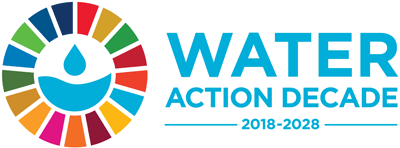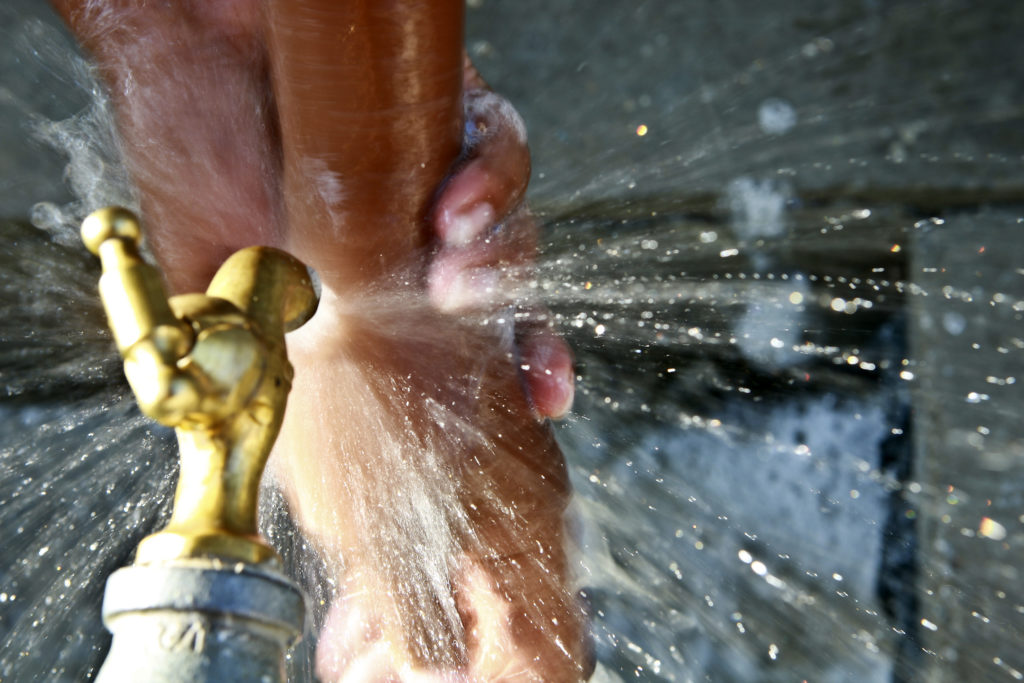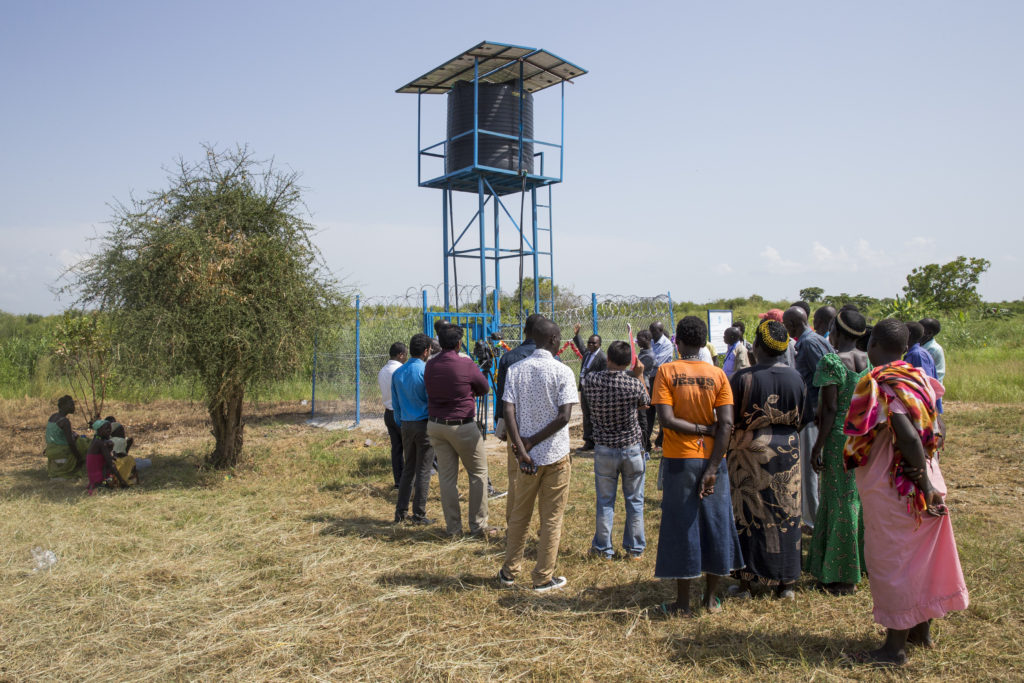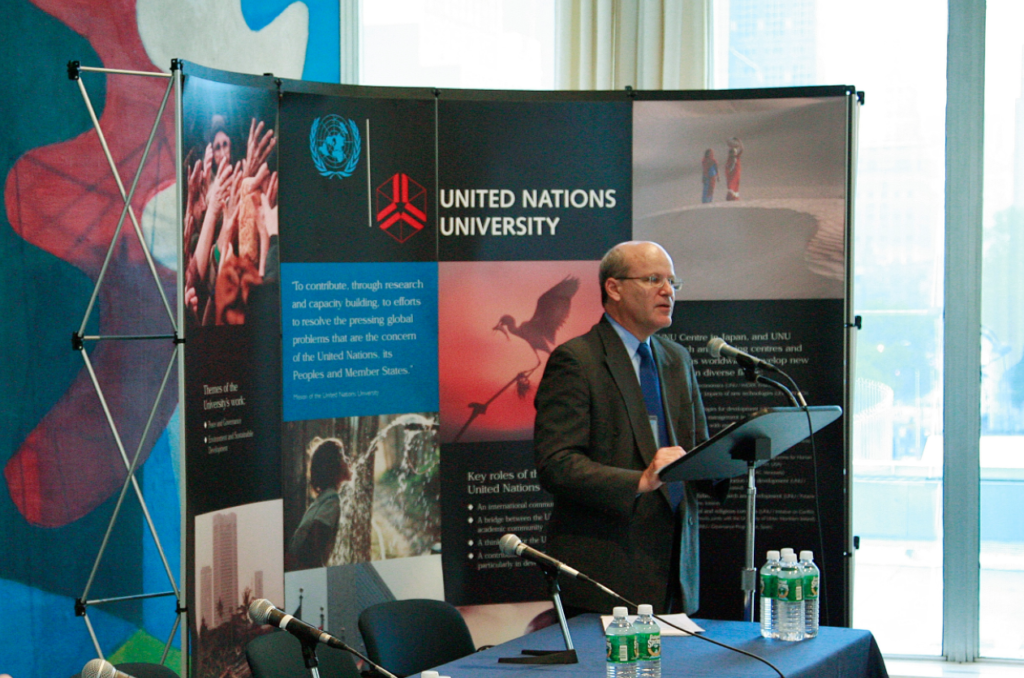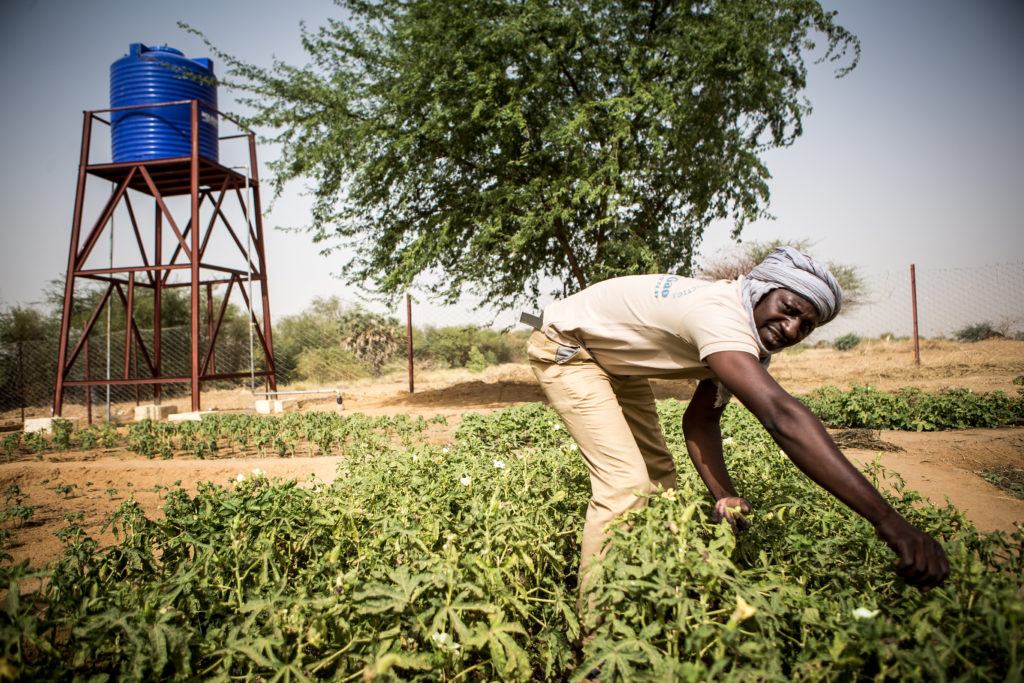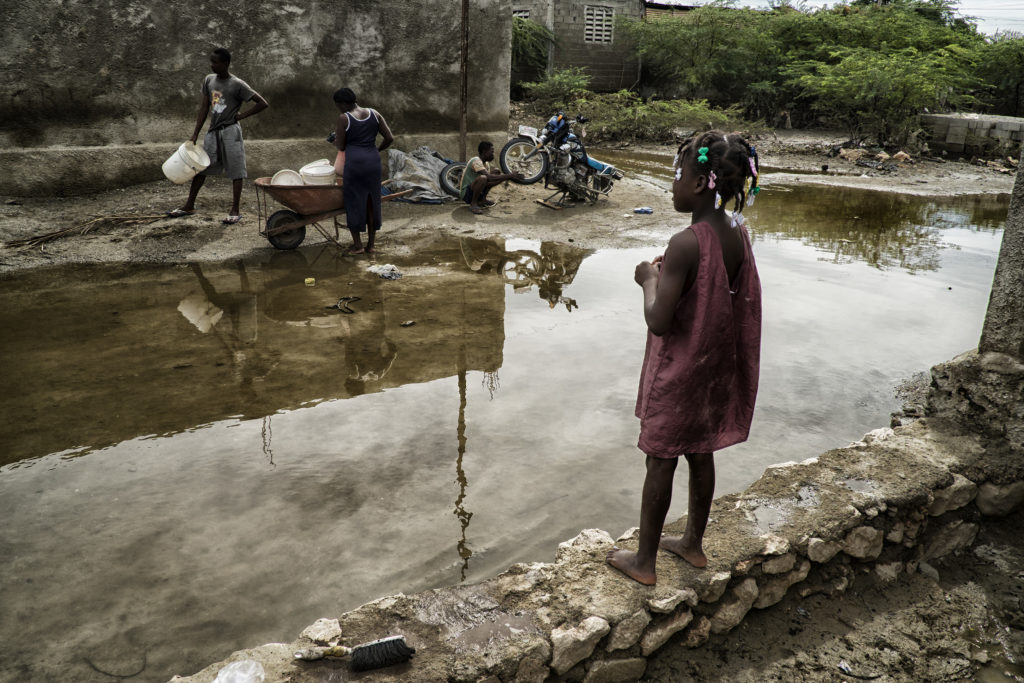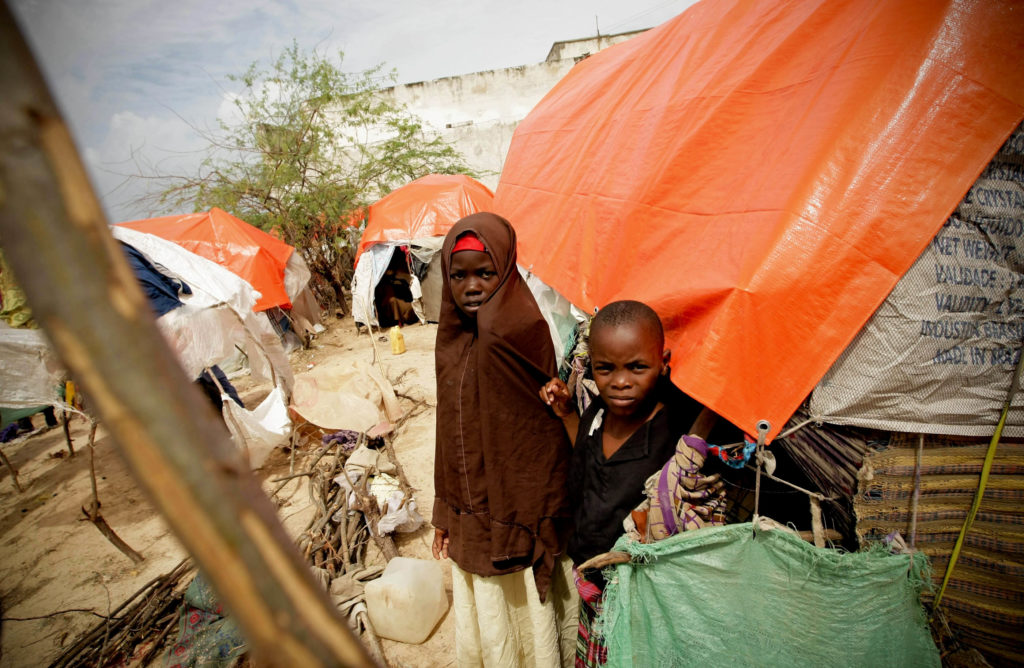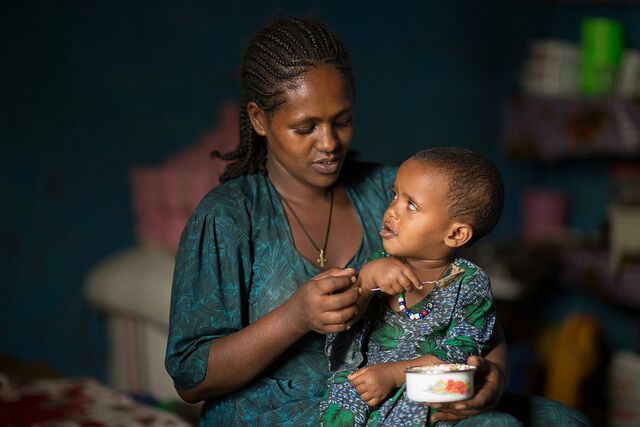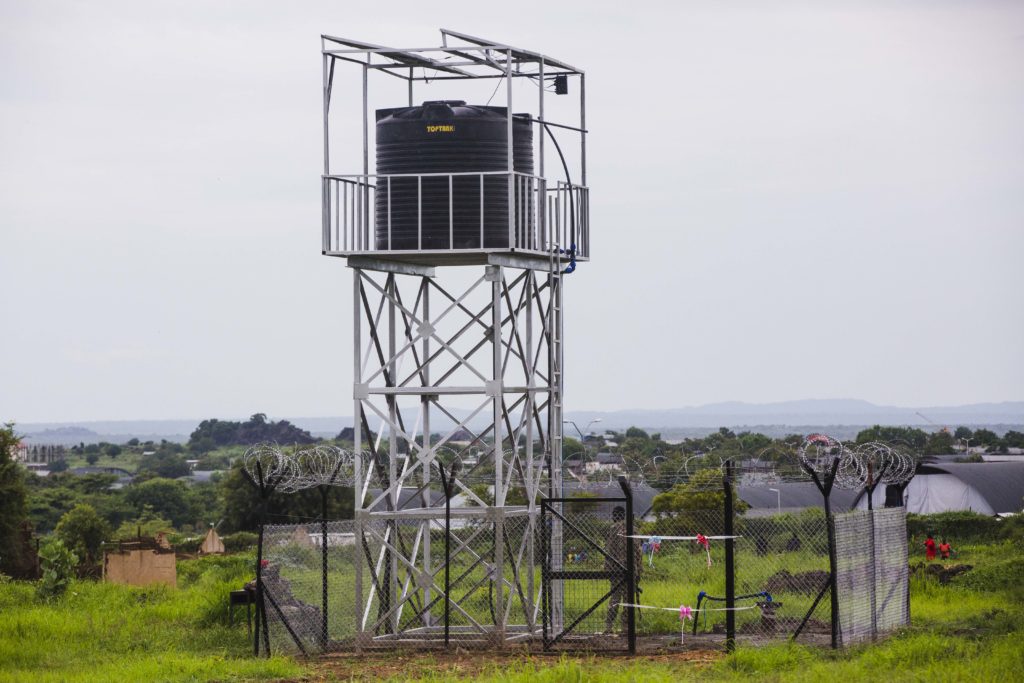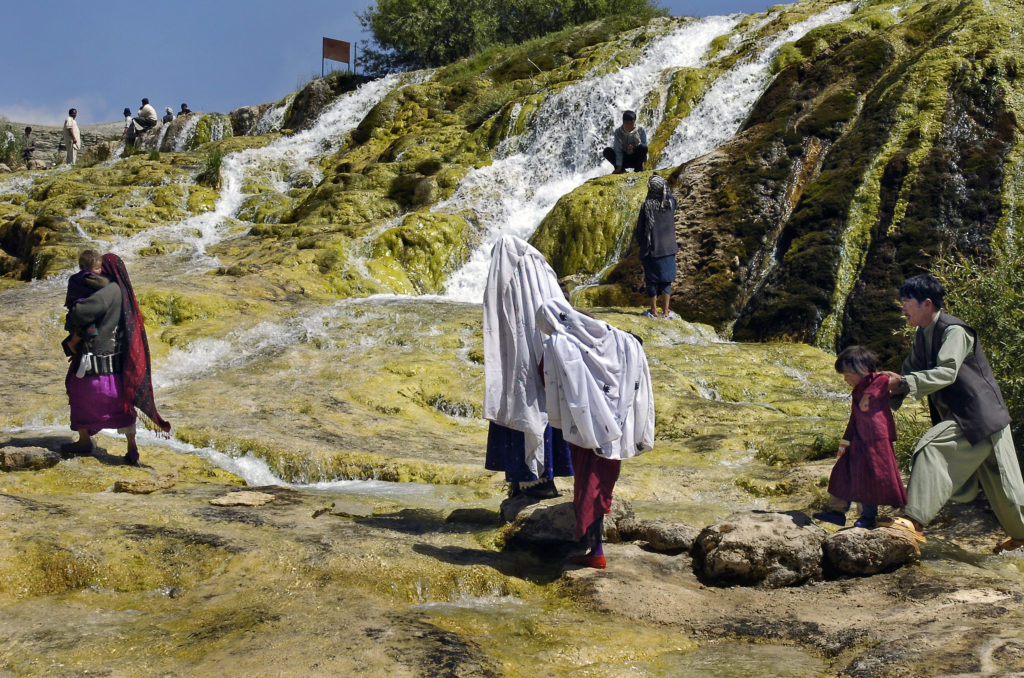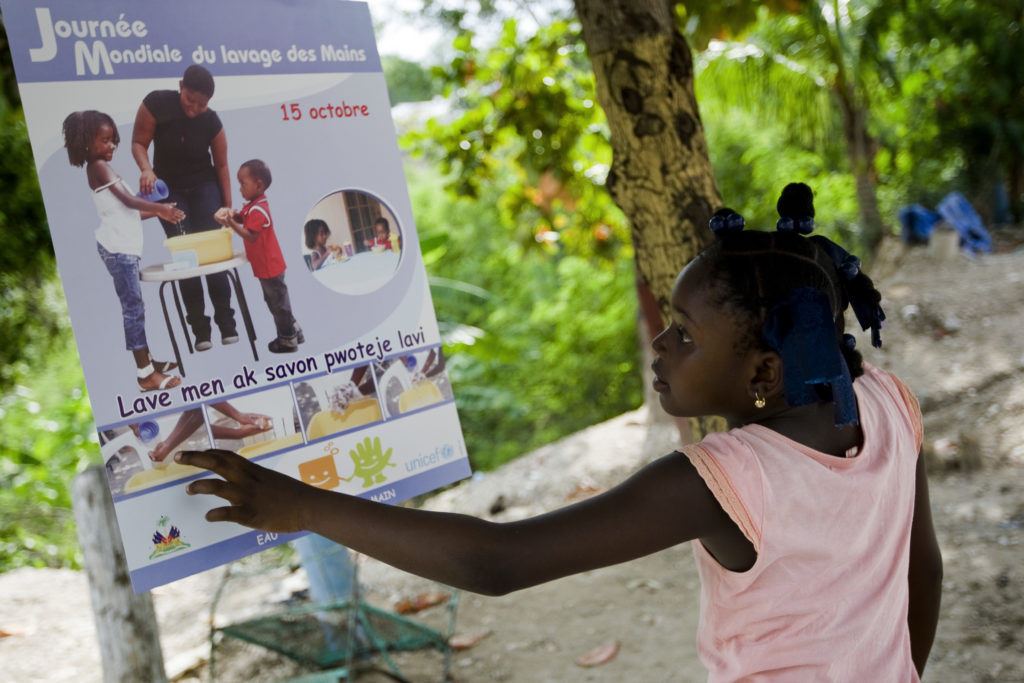An evidence programme on sanitation and hygiene
The Evidence Programme on Sanitation and Hygiene (EPSH) stems from a strategic partnership between WSSCC and the International Initiative for Impact Evaluation (3ie). Formed in 2014, this partnership 3ie works on meeting the growing demand for more and better evidence of which development interventions in low- and middle-income countries work and why. The Evidence Programme on...
